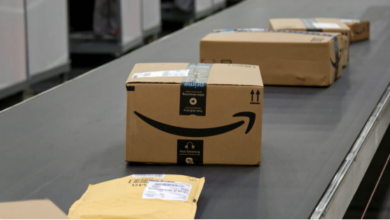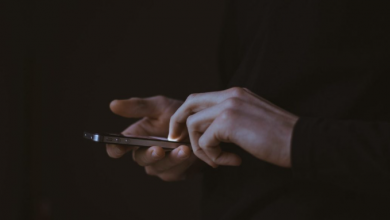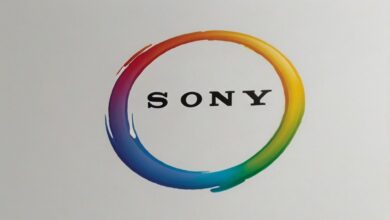
Apple loses appeal, $2 billion lawsuit goes to trial
Apple kicked off the day after Halloween with a horror story — for the company’s cashier. A U.K. court denied an appeal by Apple on Wednesday, allowing the $2 billion consumer damages lawsuit to go to trial. In the lawsuit, the plaintiff accuses the apple company of selling iPhones with defective batteries and limiting the performance of the phones.
The author claims that Apple installed in the iPhone 6, 6S, iPhone SE, and iPhone 7 batteries that were unable to handle the power consumption required by its processors — Apple A8, Apple A9 (6S and 1st generation SE), and Apple A10. To “compensate”, the manufacturer would have cut the performance of the SoCs with updates to iOS, the well-known throttling, so that battery consumption would be extended.
In the appeal, Apple asked that the case be dismissed because it did not contain concrete charges. As the Competition Appeals Tribunal (CAT) denied the company’s request, the lawsuit will follow its trial stages. This same body is linked to the CMA, which vetoed and then authorized Microsoft’s acquisition of Activision-Blizzard,
However, even though the CAT rejected the appeal, the court points out that there is a certain lack of information in the indictment, whose author is Justin Gutmann, representing approximately 24 million affected customers. Now it will be the job of Gutmann and his lawyers to prove the charges
Justin Gutmann is a “professional processor” in the UK. A Google search for his name shows that he appears as a plaintiff in several consumer rights cases.
Luckily for Gutmann and bad luck for Apple, proving the accusations shouldn’t be too difficult a task. In March 2020, the big tech company agreed to pay $500 million to iPhone 6 and 7 users for throttling smartphones to increase battery life. Those affected received between $1,500 and $3,500 — another $90 million went to lawyers.




